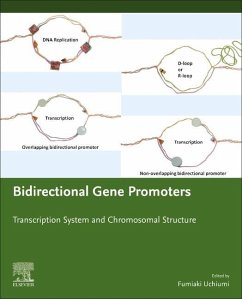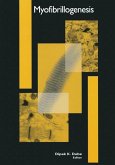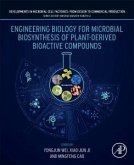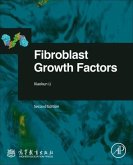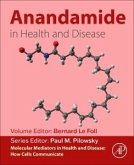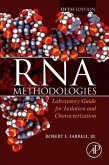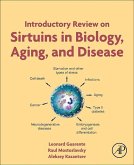Recent studies in human genetics and in silico analyses have revealed that a number of genes are head-head orientated with other genes or non-coding RNAs. The expression of regulatory element-containing 5'-upstream regions of gene pairs are referred to as bi-directional promoters and are thought to have a key role in biological regulatory mechanisms. For example, tumor suppressor protein-encoding TP53 and BRCA1 genes are head-head bound with WRAP53 and NBR2, respectively. DNA-repair factor-encoding ATM and PRKDC (DNA-PKcs) genes have bidirectional partner NPAT and MCM4, respectively. Surveillance of the human DNA database has revealed that the numbers of DNA repair/mitochondrial function/immune response-associated genes are bound with other genes that are transcribed to opposite direction. The observations may encourage us to investigate in the molecular mechanisms how DNA repair/mitochondrial function/immune response-associated genes are regulated by bidirectional promoters. Not only protein-coding genes, but also quite a few ncRNAs, which play important roles in various cellular events, are transcribed under the regulation of the bidirectional promoters. More importantly, we know that dysregulation in the promoter activity and transcription initiation of genes might cause human diseases.
Hinweis: Dieser Artikel kann nur an eine deutsche Lieferadresse ausgeliefert werden.
Hinweis: Dieser Artikel kann nur an eine deutsche Lieferadresse ausgeliefert werden.

